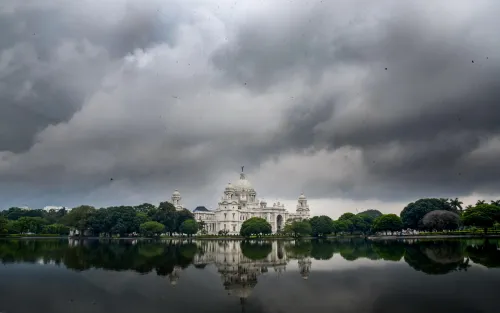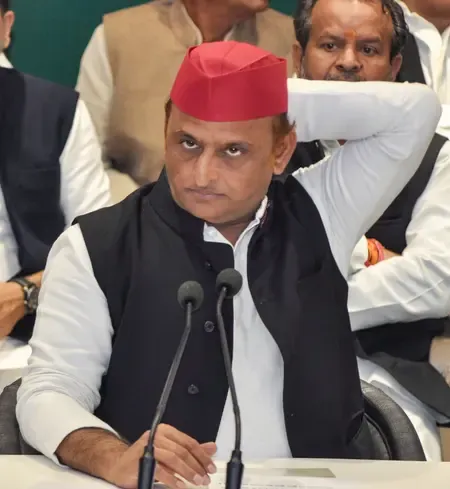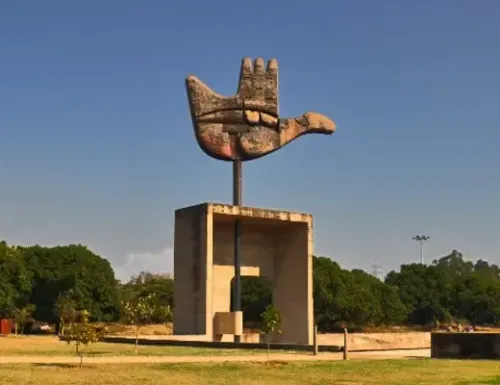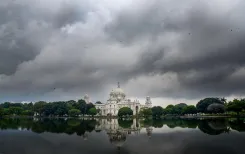Is HM Amit Shah the ‘Modern Iron Man’ of Gujarat?
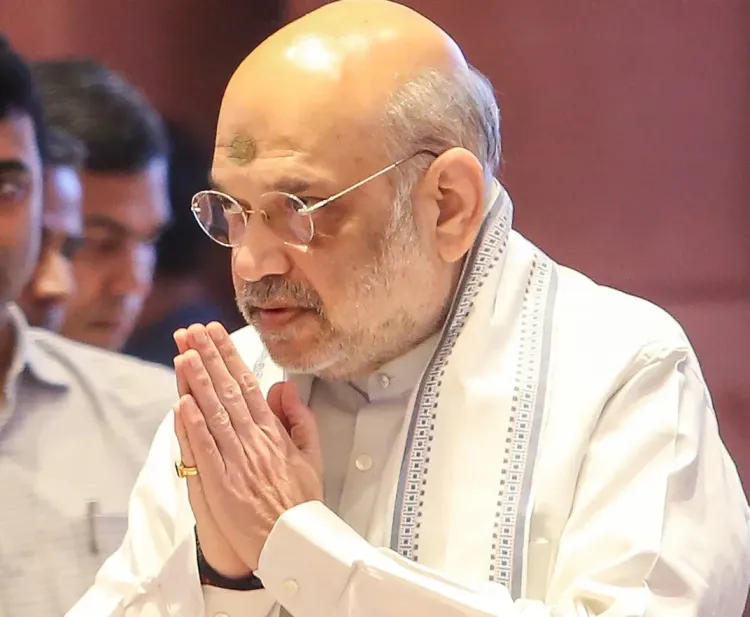
Synopsis
Key Takeaways
- Amit Shah is recognized as the ‘modern Iron Man’ of Gujarat.
- He has played a crucial role in transforming the BJP into the world’s largest political party.
- Shah has enacted significant reforms, including the abrogation of Article 370.
- The Citizenship Amendment Act aims to provide refuge to persecuted minorities.
- His stance on national security has strengthened public trust in governance.
Chennai, Aug 5 (NationPress) Tamil Nadu BJP spokesperson A.N.S. Prasad on Monday celebrated Union Home Minister Amit Shah as the “modern Iron Man” of Gujarat, attributing to him a crucial role in transforming the BJP into the world's largest political entity and enhancing India's internal security framework.
Describing Shah as a resilient and visionary leader, Prasad noted that his political journey—from facing politically motivated legal challenges to becoming the longest-serving Home Minister in the history of India—demonstrates his steadfast commitment to the nation and the BJP's ideological framework.
Shah’s initial years in national politics were overshadowed by controversies, particularly during the Congress-led UPA era. In 2010, he was arrested in connection with the Sohrabuddin Sheikh encounter case in Gujarat, a move that the BJP has consistently labeled as politically motivated.
However, in 2014, a court acquitted Shah of all charges, paving the way for his swift ascent within the party and government. Appointed as Union Home Minister in 2019, Shah initiated extensive reforms to modernize India's internal security and legal systems.
Among his most significant decisions was the abrogation of Article 370, effectively revoking Jammu and Kashmir's special status. Prasad characterized this move as “bold and transformative,” attributing Shah's meticulous planning as essential for its smooth execution and enhanced national integration.
Shah also played a pivotal role in the enactment of the Citizenship Amendment Act (CAA), which grants citizenship to persecuted minorities from Pakistan, Bangladesh, and Afghanistan.
Despite facing extensive protests, Shah remained resolute, defending the Act as a humanitarian initiative rooted in India’s inclusive ethos.
In 2023, Shah launched comprehensive reforms in criminal law, replacing colonial-era statutes with the Bharatiya Nyaya Sanhita, Bharatiya Nagarik Suraksha Sanhita, and Bharatiya Sakshya Adhiniyam. These new laws are designed to streamline the justice system, enhance efficiency, and increase citizen safety.
As BJP National President from 2014 to 2020, Shah oversaw an era of extraordinary growth, expanding party membership and securing electoral wins across multiple states. Prasad attributes Shah’s grassroots organizational skills and strategic vision to the party's strengthened base.
Shah has also taken a strong stance on national security, advocating for the implementation of the National Register of Citizens (NRC), reinforcing anti-terrorism laws, and adopting a zero-tolerance policy towards crime and corruption. These initiatives, according to Prasad, have fostered greater public trust in governance.
“With over 2,250 days in office as Home Minister, Amit Shah has secured his position as the longest-serving in Indian history. His legislative and organizational accomplishments render him a pivotal figure in contemporary Indian politics,” Prasad stated.
“Despite encountering vendetta politics from the Congress, he has emerged even stronger, inspiring millions throughout the nation,” he concluded.
Prasad emphasized that Amit Shah's legacy as a reformer, strategist, and nationalist continues to influence India's future, establishing him as a cornerstone of the BJP and the government.

